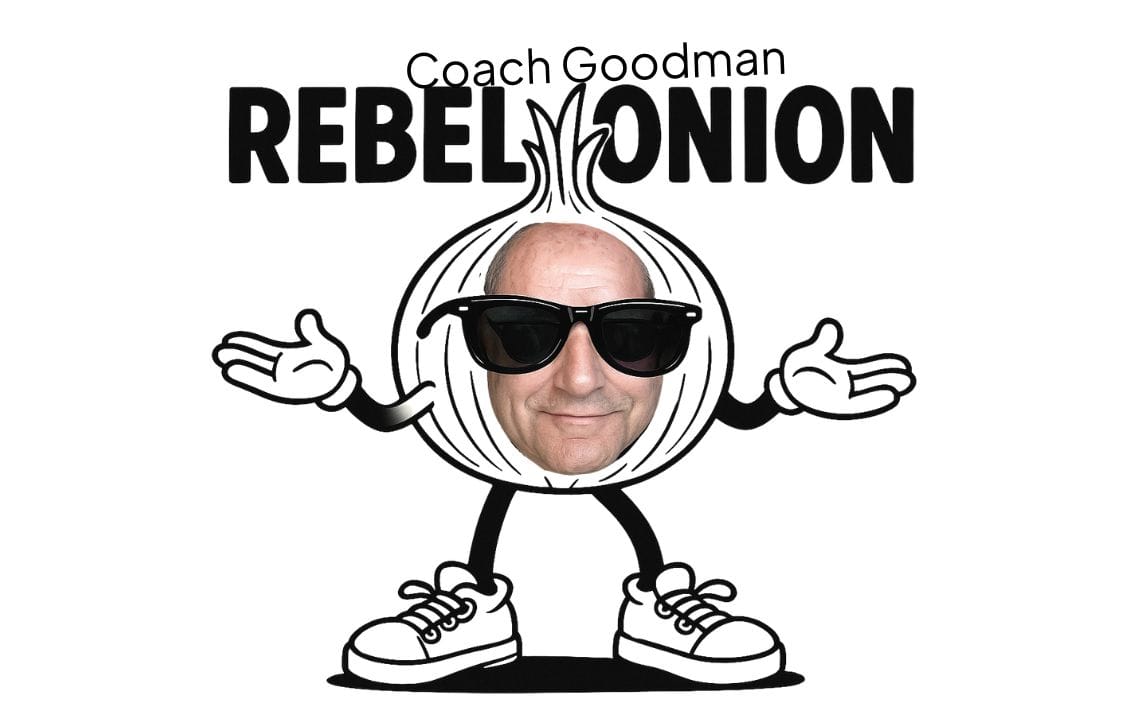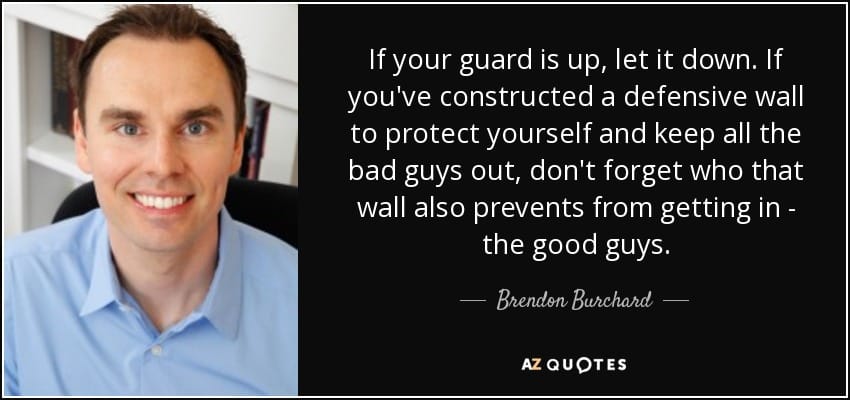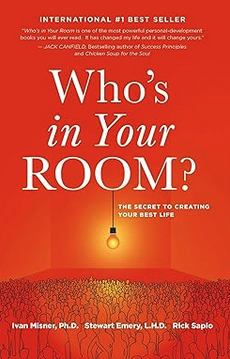The Chemical Layer - The Real Reason You Feel 'Not Enough' (It's Not What You Think)

The Wise Bodyguard Inside Your Reactions
The compounds that make you cry when cutting an onion are part of its defense system. What emotional reactions are actually your defenses in disguise?
Three years ago, I thought I had my emotional security team figured out. Success was flowing, investors were backing our vision, and every risk was paying off. Then the market shifted. FTX collapsed. NFTs crashed 90%. AI disrupted everything. And suddenly, my most trusted emotional bodyguards were working overtime.
Meet my Chief of Security: a perfectionist-anger combo guard that's been protecting me longer than I realized.
The Perfectionist whispers constantly: "You're not doing enough. Look at all those skills, mentors, books, podcasts, therapy sessions—why aren't you crushing it yet? Twelve-year-olds are making money online, what's wrong with you?"
The Anger Guard springs into action whenever anyone questions my path: "Don't you dare suggest I pivot. I've invested three years reinvesting everything back into this company. We've built this locomotive for the Web3 world—all we need is that one anchor client."
Together, they create what I call the PAUSE and PRAY state. A protective limbo where staying stuck feels safer than risking failure on something new, hoping signs or unknown forces will intervene.
Your Emotional Bodyguards Are Highly Trained
Here's what I've learned: our difficult emotions aren't character flaws—they're sophisticated protection systems. My anger isn't just stubbornness; it's guarding against the vulnerability of admitting uncertainty. My perfectionism isn't just overthinking; it's protecting me from the terror of not being enough for my family.
When my wife asks legitimate questions about timelines and backup plans, my bodyguards detect a threat: "She's questioning your competence. Defend the mission. Don't let her see your doubt."
But what if those questions aren't attacks? What if they're invitations to be honest about where I actually am versus where I thought I'd be?
Your emotional bodyguards learned their jobs during specific moments when you needed protection. Mine got promoted during our startup's golden period when taking risks paid off spectacularly. They think the same strategy that worked then—work harder, sacrifice more, perfect the system—will work now.
The problem? They're fighting yesterday's battles with today's challenges.
The Intelligence Behind Your Reactions
That flash of anger when someone questions your decisions? It might be protecting your sense of autonomy. The perfectionism that kicks in before you post anything online? It could be guarding against judgment and rejection.
Your withdrawal when conflict arises might be conserving energy for battles that actually matter. Your people-pleasing could be ensuring you maintain the connections you need to survive.
These aren't bugs in your emotional system—they're features. Your bodyguards are doing exactly what they were trained to do.
But here's the question that changes everything: What would you attempt if you knew your worth wasn't tied to the outcome?
Honoring Your Emotional Wisdom
I realized my Chief of Security has been protecting me from the scariest vulnerability of all: trying something completely new and potentially failing. Staying loyal to our tech company, even while reinvesting everything for a number of years, feels safer than risking my ego on a solo venture.
But protection and progress require different strategies.
Now when my anger flares at questions about our path, I pause and ask: "What is this protecting?" When perfectionism freezes me from starting that side project, I recognize: "Ah, you're trying to keep me safe from judgment."
I don't dismiss these bodyguards—I thank them. They've kept me going through market crashes and industry pivots. They've maintained my commitment when quitting would've been easier.
And then I make a conscious choice: Which defenses still serve me, and which ones are ready for new assignments?
Your emotional reactions aren't random. They're intelligent responses from a security system that's been keeping you alive. The compounds that make you cry when cutting onions aren't trying to hurt you—they're protecting the onion from harm.
The question isn't whether your emotional bodyguards are doing their job. They absolutely are.
The question is: Are they protecting the person you used to be, or the person you're becoming?
"The curious paradox is that when I accept myself just as I am, then I can change." — Carl Rogers
What emotional reaction have you been judging as "too much" that might actually be your wisest protector in disguise?

Being Coached Layers: The Courage to Be Authentic
This week, Dr. Goodman says that now more than ever, authenticity has the highest value. The courage to identify your authentic self and show up that way, regardless of how you are perceived, is how courage is truly manifested.
He notes that even public figures like Donald Trump and Vladimir Putin are viewed as thriving because they show up as their most authentic selves, despite media interpretations of their every gesture as a flaw. Dr. Goodman’s lesson is a simple but powerful one: trust your gut and have the courage to be who you are, and let the critics be damned.
Bookshelf Peeled - Who's in Your Room?
The concept of emotional bodyguards in this week's newsletter is a perfect echo of a lesson from the book Who's in Your Room? by Rick Sapio and his co-authors. The central metaphor is simple yet powerful: your life is a room, and you are the bouncer. This bouncer, which aligns with your emotional bodyguards, is a protective layer trying to keep out negative influences. The lesson from the book is that while your defenses are designed to manage your own internal reactions, they also try to control the external people you let in. The compounds that make you cry when cutting an onion aren't just a reaction; they're a defense. Similarly, your emotional bodyguards are doing their job, but you are the bouncer who gets to decide which reactions and which people truly belong in your room.
A shout-out to Rick Sapio, the co-author whom I met in Dallas at his Business Finishing School summits two years in a row, circa 2015-16. I learned a lot from you and our conversations afterward. I'm sorry to hear about his passing in 2024; you helped me in so many ways. (As a bonus, this program, which cost $3,500 back in 2015, is now available for free online. While it might be a little outdated, some of the modules are gold. Check it out here.)
Who's in Your Room: The Secret to Creating Your Best Life
by Ivan Misner Ph.D. (Author), Stewart Emery L.H.D. (Author), Rick Sapio (Author)
Design Rebel: The Bouncer of Our Lives
Inspired by the bouncer of our emotions who decides what to let in and let out. Art from Leonardo.ai, voice from ElevenLabs, and edited in Wondershare Filmora. Script done by me and structured with Gemini.
Week 13 - Our bouncer of our Emotions
Weekly Inspired Insights I liked or found useful this week:

P.S. If this resonates with you, share it with someone. I'm dedicated to helping fellow explorers—or anyone who found this page—uncover their authentic self with humor and insight. We're all in this together, finding the courage to truly live from our core essence (or as close as we can get!).
The Dormant Layer: Potential Waiting to Sprout (Tentative title)







Member discussion